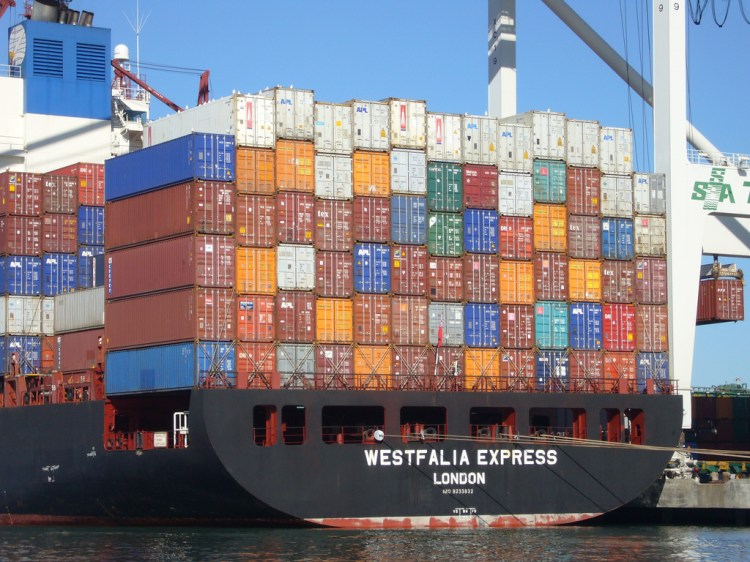The latest version of Red Hat’s commercially licensed Enterprise Linux distribution became available to all this morning, and to the delight of cloud hipsters everywhere, it includes support for Linux containers such as Docker.
As we’ve explained before, the open-source Docker project enables easy movement of applications from one environment to another, so there’s no need to rejigger apps. It packages up all code in “containers” that are oftentimes described as being more lightweight than virtual machines that run on physical servers. That means application development can get faster with these containers, which have become popular in the past year.
Now one of the most widely used operating systems in enterprise IT shops can feel comfortable as they try out this technology.
Meanwhile, other big tech companies, like public cloud providers Google and Amazon Web Services, have been increasing their support for Docker.
Oh, and IBM said today that it’s taking steps to integrate Docker in various ways, and Microsoft yesterday announced ways in which it is streamlining implementations of Docker on its Azure public cloud.
The news comes during the first conference from the company that came up with the Docker project, which happens to also go by that name. Docker the company announced today a feature called Libswarm, which provides for the management of lots of distributed systems. It simplifies management when applications run in different kinds of environments.
And yesterday Docker the company announced the availability of Docker version 1.0 the Docker Hub for collaboration and management, and the Docker Repo program for popular Docker images, among other things.
Today’s news about Docker integration in RHEL 7 isn’t a complete surprise. In December, Red Hat said it would include support for Linux containers like Docker in the beta version of the software.
In addition to the Docker integration, Red Hat Enterprise Linux 7 also contains improvements over previous editions. It now supports Active Directory access across Windows and Red Hat environments, and the XFS file system is now the default, allowing for storage of as much as 500 TB.


